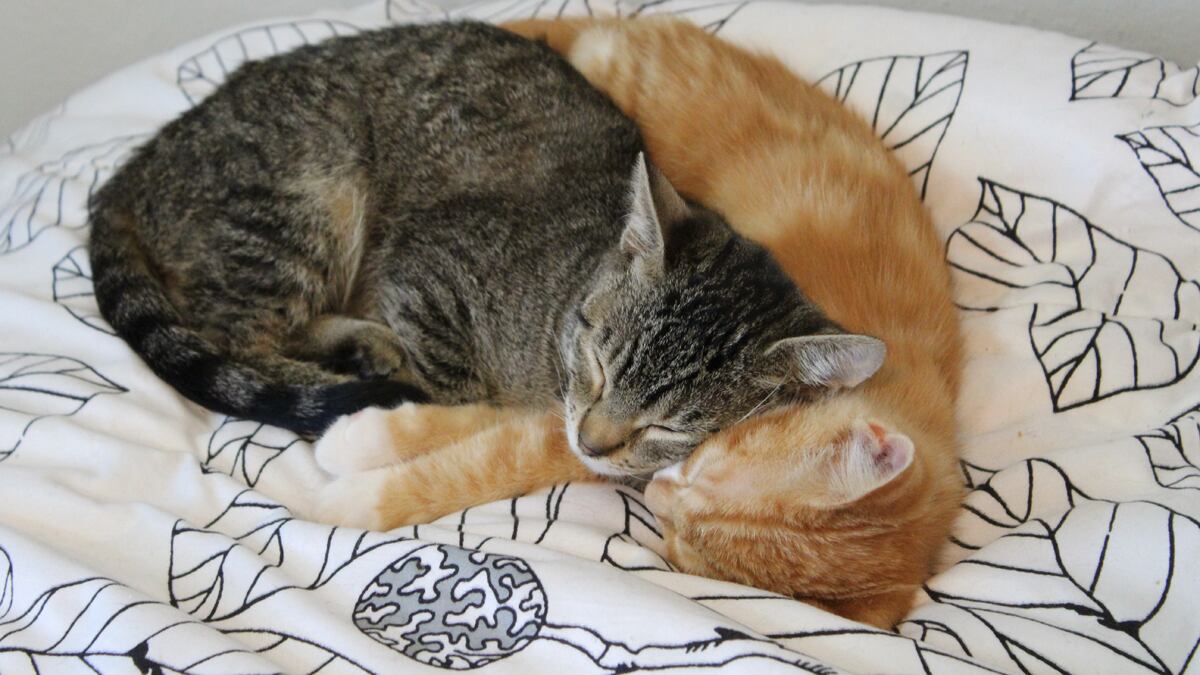Fostering animals—especially baby animals—sounds like a great deal: You get to play with a bunch of pets during what is arguably their cutest, most energetic stage of life, and there’s not the yearslong commitment that comes with adoption.
On top of that, fostering is simply a great thing to do. It frees up space for other animals in nonprofit, no-kill shelters, socializes pets for their eventual forever homes, and makes for plenty of great stories and memories. Volunteer foster parents are an integral part of shelter operations, and shelters always need more help.
Anyone can foster—well, almost anyone. In order to start, shelters require would-be participants to fill out an application. In the Portland area, there are plenty of organizations that work with fosters, including Multnomah County Animal Services, the Oregon Humane Society and the Pixie Project.
The approval process can be a little time-intensive—agencies want to ensure that they’re sending kittens and puppies to safe, stable caregivers, so they’ll ask a lot of questions. Don’t expect to get accepted if you’ve been convicted of animal abuse. Shelters tend to strictly draw the line when it comes to that.
Once you become a newly minted foster parent, that’s when the real fun begins.
My expertise is in fostering kittens—I’ve taken in seven groups of two to six kittens over the last few years, and I learn a lot with each litter.
First, don’t expect to receive beautifully groomed, perfectly healthy, well-mannered animals. Fosters are generally a wreck when you get them, but don’t worry—despite the medical or behavioral issues, they always maintain their cuteness.
Animals need to be fostered because they require some extra TLC, so it’s understandable that they might be a little rough around the edges when they arrive. It’s your job to give them the care they need so they can return to the shelter healthy and happy. Responsibilities could include everything from administering antibiotics to treat various diseases to being patient when it comes to socialization.
I’ve had to learn a few things the hard way, so read on to avoid making the same mistakes I did.
If you’re given fosters with giardia—a disease that causes digestive issues, including chronic, explosive diarrhea—make sure you put plastic sheeting on your walls preemptively, and have goat milk on hand. The protective covering will save you from having to scrape dried feces off your wainscoting after the cats are gone (projectile pooping is no joke, even when they’re little), and the goat milk helps promote gut health.
Next, if you get kittens with mange, buckle in. You’re in for a fun one. The skin disease caused by parasitic mites that live inside hair follicles and the skin’s oil glands causes hair loss, redness and itching. And while that all sounds pretty off-putting, the condition can be treated fairly easily by a variety of antiparasitic drugs.
I once had a group of three 3-week-old mangy kittens who had not yet been weaned from formula (getting them there was my job), and I didn’t know they had mange until after I’d returned them to the shelter. When I introduced the trio to wet food, they decided to sit in it while eating. That was awesome. I then had food-covered, half-bald kittens running around, leaving a trail of Purina One chicken-and-salmon pâté behind them.
Moral of the story: If you get kittens that are even slightly bald and have some red spots, don’t wait to get them checked out. A diagnosis will save you a lot of trouble.
Fostering can be hard, but none of the aforementioned situations have deterred me from going back. Spending time with kittens is therapeutic—if you’ve ever kitten-bathed, you understand. Lying on your back buried in a pile of purring felines is just about all you need to forget about the pandemic, the impending climate apocalypse, and explosive diarrhea—at least for a little while.
